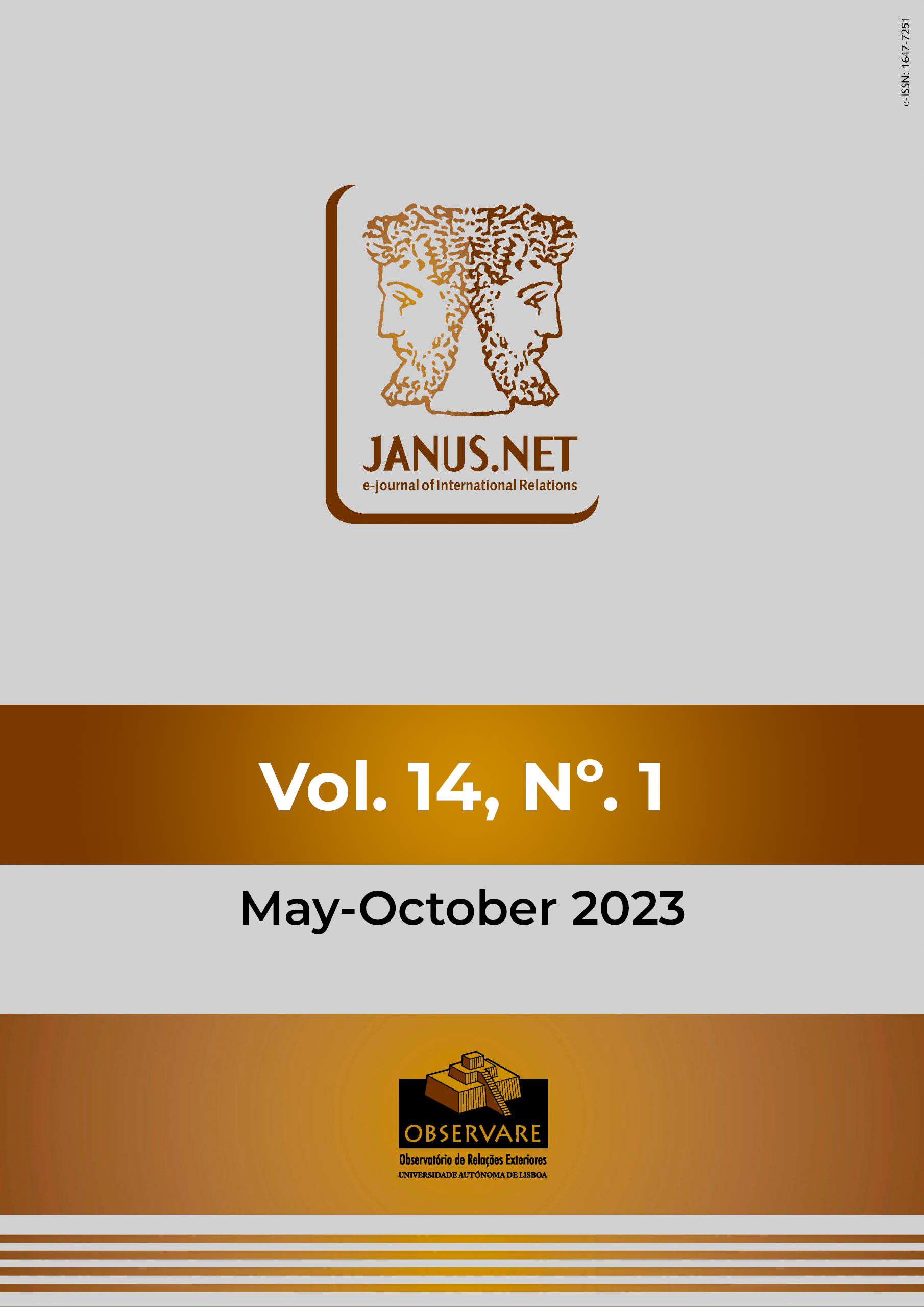Foreign Policy Analysis is an innovative tool within International Relations, which, like the discipline itself, emerged after the Second World War, in a scenario of intense proliferation of studies about the international reality. It was in this movement towards the affirmation of this new discipline, accompanied by the growing relevance of foreign policy, both for States and for IR, that the study of foreign policy itself developed and became autonomous, through the emergence of the APE. Endowed with an innovative repertoire and seeking to carry out a deeper analysis than the traditional approach, the APE moved the object of study to the decision maker and to the causes that really led him to adopt a given decision. In this article we will seek to expose the relevance of the Foreign Policy Analysis, and, for that, we will resort to a case study: Portugal’s accession to the European Communities. Completed in 1986, joining the EEC was the culmination of a long membership process that began in 1976/77, when the First Constitutional Government, led by Mário Soares, sent the application for membership. It is here, in sending the application for membership, that we find the center of the decision, and therefore, it is here that our study will also focus. Using the APE, we observe that, behind this decision, we do not find only national interest as a motivation, as a traditional analysis might suggest, but above all pressures, perceptions and ideals that translate into the will of the decision maker. In this way, Portugal’s accession to the EEC was, more than a result of the structure, a result of the perception and idiosyncrasy of the agency, whose characterization is presented in this article.
A RELEVÂNCIA DA APE PARA O ESTUDO DA POLÍTICA EXTERNA: O CASO DA ADESÃO DE PORTUGAL À CEE
https://doi.org/10.26619/1647-7251.14.1.13
FLÁVIO BASTOS DA SILVA
Abstract
Keywords
Portugal, European Economic Community, Foreign Policy, Foreign Policy Analysis, International Relations
Artigo publicado em 2023-05-30

